Publications
Articles, publications, books, tools and multimedia features from the U.S. Institute of Peace provide the latest news, analysis, research findings, practitioner guides and reports, all related to the conflict zones and issues that are at the center of the Institute’s work to prevent and reduce violent conflict.

Conflict Prevention in the COVID Era: Why the U.S. Cannot Afford to Go it Alone
As the United States and other international actors assess the wreckage reaped by the coronavirus pandemic around the world, estimates are that an unprecedented level of aid will be needed to mitigate its worst impacts in fragile states. Given the ballooning costs of COVID-response efforts, the U.S. will need to deepen its partnerships with other international donors and local actors to bolster accountable and inclusive institutions and prevent conflicts and violence from escalating. Equally important, but less discussed, these international efforts will need to focus on managing a more complex global risk landscape that is emerging from the pandemic.
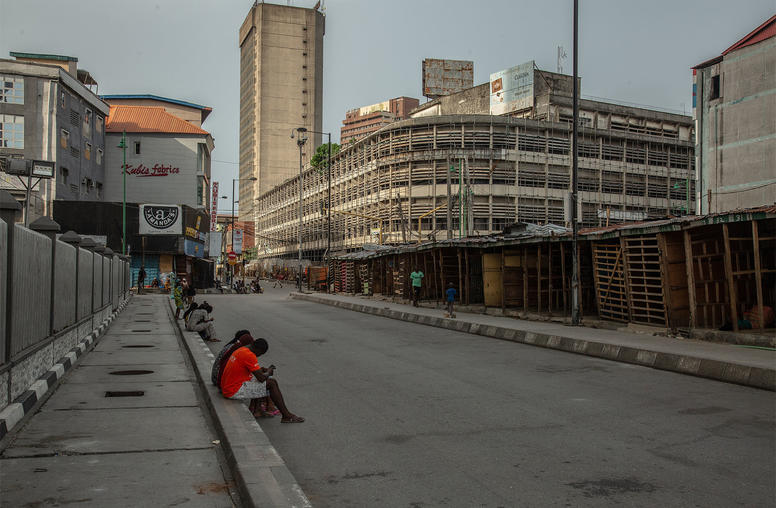
Is Insecurity Undermining the Coronavirus Response? Evidence from Nigeria
In the United States, there is no shortage of public opinion data on nearly every question imaginable. But in Nigeria, Africa’s most populous country, such data is more scarce and policymakers often lack detailed insights into citizen perceptions and concerns. Now, new evidence from USIP-commissioned surveys conducted in May and July 2020 of more than 10,000 Nigerians has found new relationships between violent conflict and the coronavirus response. The data shows that victims of violence are more likely to distrust the Nigerian government’s response to coronavirus.
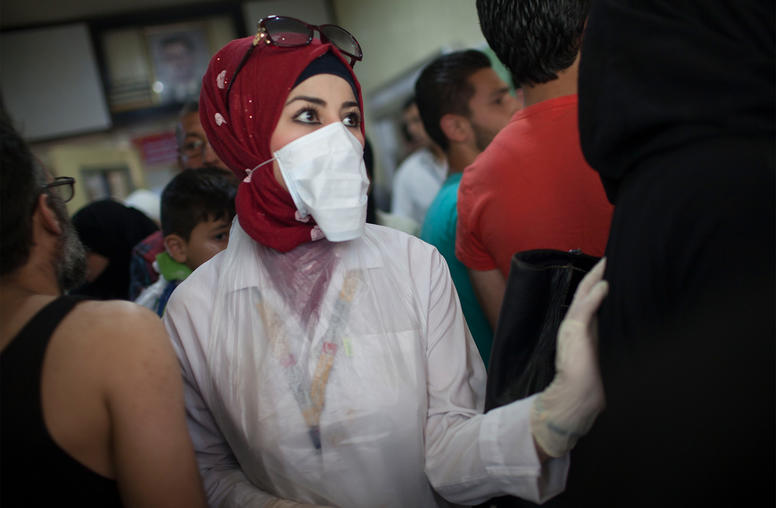
Coronavirus Throws Another Challenge at Syria’s Doctors
As COVID starts to surge in Syria, the pandemic poses extraordinary challenges in one of the world’s most complex conflict zones. Nearly a decade of war has left Syria’s health care system in shambles. With supplies and trained personnel scarce, medical providers have struggled to meet the needs of millions of displaced Syrians. Meanwhile, medical workers have not been spared from the violence—despite international condemnation, health care facilities have been targeted by military strikes over 500 times since 2011.
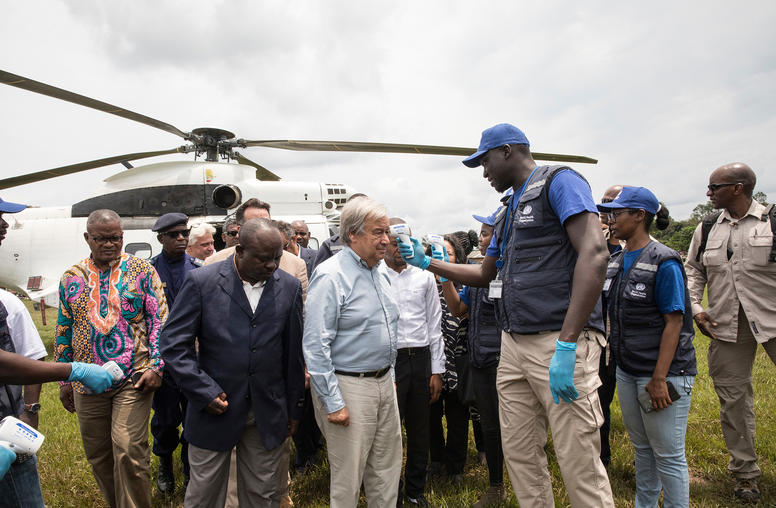
Amid COVID, We Need Enhanced International Coordination to Build Peace
As the humanitarian and economic toll of the COVID-19 pandemic continues to grow, so does the risk that this crisis will fuel new conflicts around the world, while stymying prospects for resolving ongoing ones. The global health crisis is triggering devastating levels of food insecurity and unemployment, especially in the world’s most fragile states, where the social contract between citizens and the state is severed and societies are fragmented and vulnerable to violence. These trends will almost certainly lead to a future spike in instability across these countries, unless concerted international action is taken.
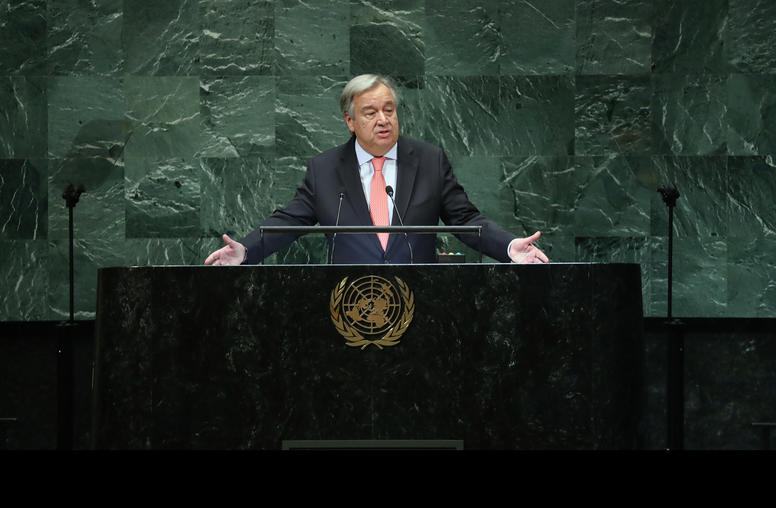
U.N. Finally Endorses a COVID Cease-fire: Will it Make a Difference?
After months of negotiation and diplomatic wrangling, the U.N. Security Council (UNSC) on July 1 unanimously adopted resolution 2532, endorsing U.N. Secretary-General Guterres’ late March call for a global cease-fire. Diplomats in New York hailed the resolution as an overdue win for multilateralism, while Pope Francis called for the resolution to be implemented “effectively and promptly.” Coming months after the secretary-general’s original cease-fire call and the global spread of the pandemic, will the resolution help bring peace?
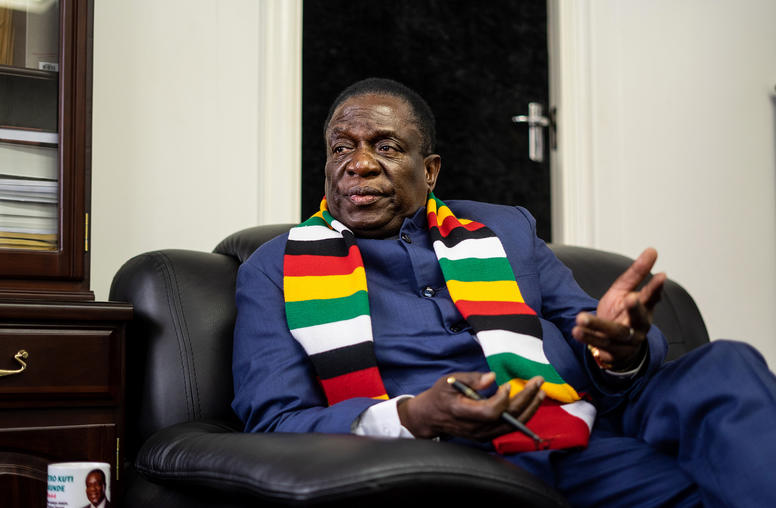
COVID Raises the Stakes for Zimbabwe’s Civil Society Movement
Countries worldwide that suffer or risk violent conflicts face a new hazard amid the COVID-19 pandemic: governments’ use of the disease as a pretext to curtail democratic freedoms and punish opposition. As COVID has spread across Africa, Zimbabwe is emerging as one of the countries most vulnerable to the disease—and most illustrative of its threat to peace and democratization efforts on the continent. Two and a half years after a military coup installed President Emmerson Mnangagwa, his government has used the health crisis to arrest members of the opposition and journalists, and divert humanitarian aid to ruling party supporters.
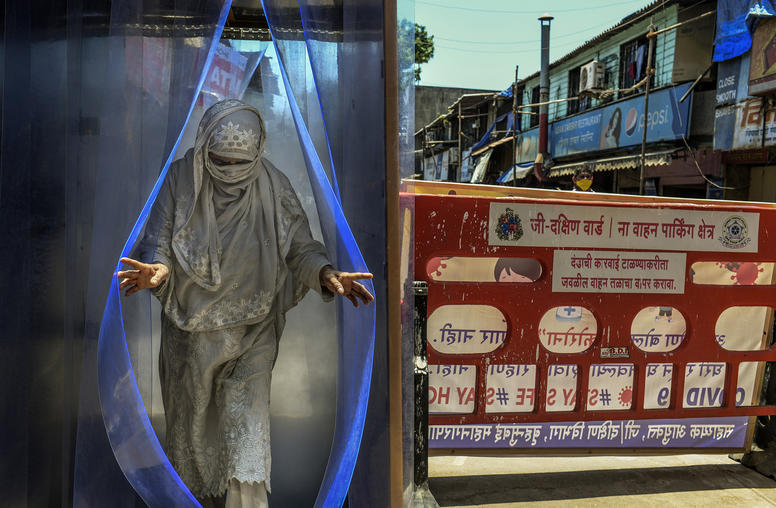
Coronavirus Tightens its Grip on South Asia
In South Asia, home to some of the world’s most densely populated nations, the COVID-19 pandemic has tightened its grip—causing infections to soar, battering economies, and plunging many into poverty. Governments have mostly struggled to cope.
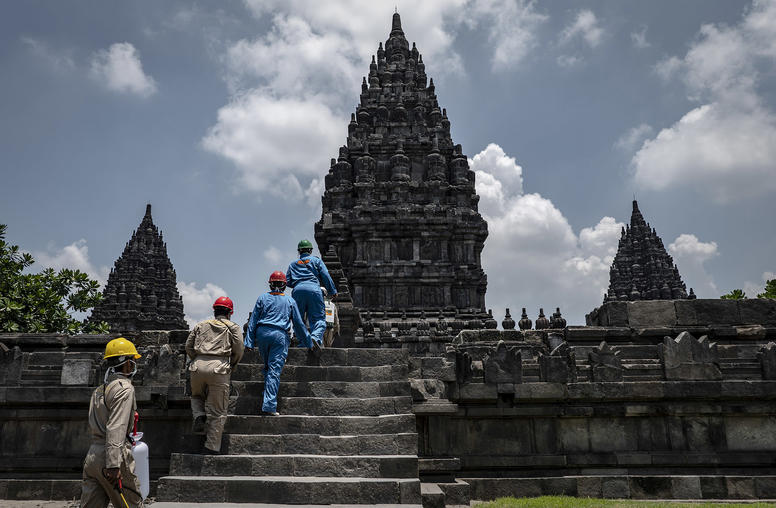
Is Coronavirus Making Southeast Asia More Authoritarian?
Southeast Asia has emerged as the regional fulcrum of strategic competition between the United States and China in the Indo-Pacific, with both the Washington and Beijing aggressively competing for influence in the 10 countries that comprise the Association of Southeast Asian Nations. This attention is well-placed, as the decisions that these countries make shape power dynamics in the broader region, influence global norms from internet governance to minority rights, and are determining along which lines the world’s most dynamic regional economy integrates.
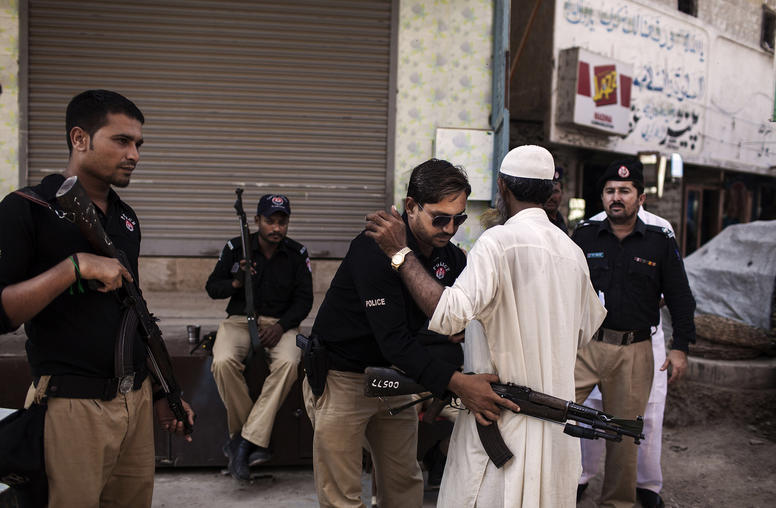
Coronavirus Pandemic Puts Police in the Spotlight in Pakistan
Police in Pakistan have found themselves in an unprecedented situation since the outbreak of the COVID-19 pandemic earlier this year. Under-resourced and poorly trained, they have struggled to ensure compliance with public health restrictions—such as lockdowns and social distancing—against a backdrop of Pakistan’s overarching governance challenges. With only outdated legal frameworks and conventional training and education to rely on, the police have largely responded to violations with corporal punishment, detentions, and arrests—actions that have been reported by the media and widely condemned.
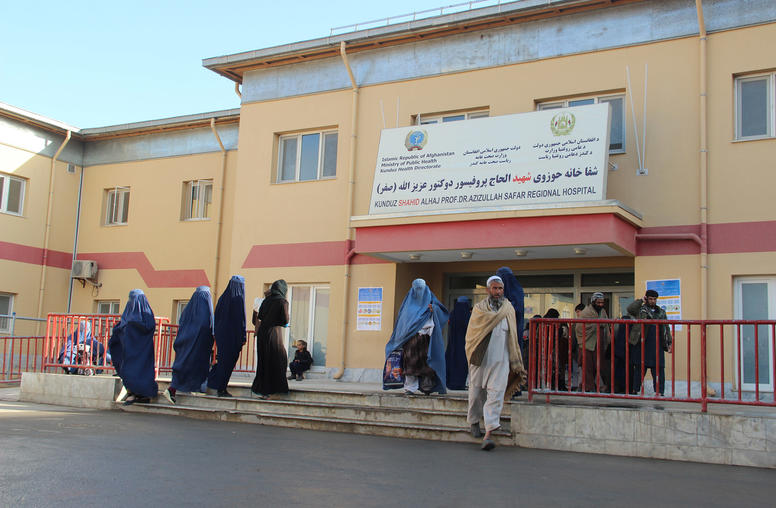
Coronavirus Complicates an Already Dire Situation for Afghan Women
Amid the coronavirus pandemic many countries around the world have reported an alarming increase in domestic violence. Indeed, U.N. Secretary-General Antonio Guterres has called for measures to address the “horrifying surge in domestic violence” linked to COVID-related lockdowns. In Afghanistan—one of the worst countries in the world for women by almost any metric—the lockdown exacerbates the dire situation many Afghan women already face. As the Afghan peace process inches forward amid a global pandemic, Afghan women’s inclusion and input are critical to combatting COVID and building peace.